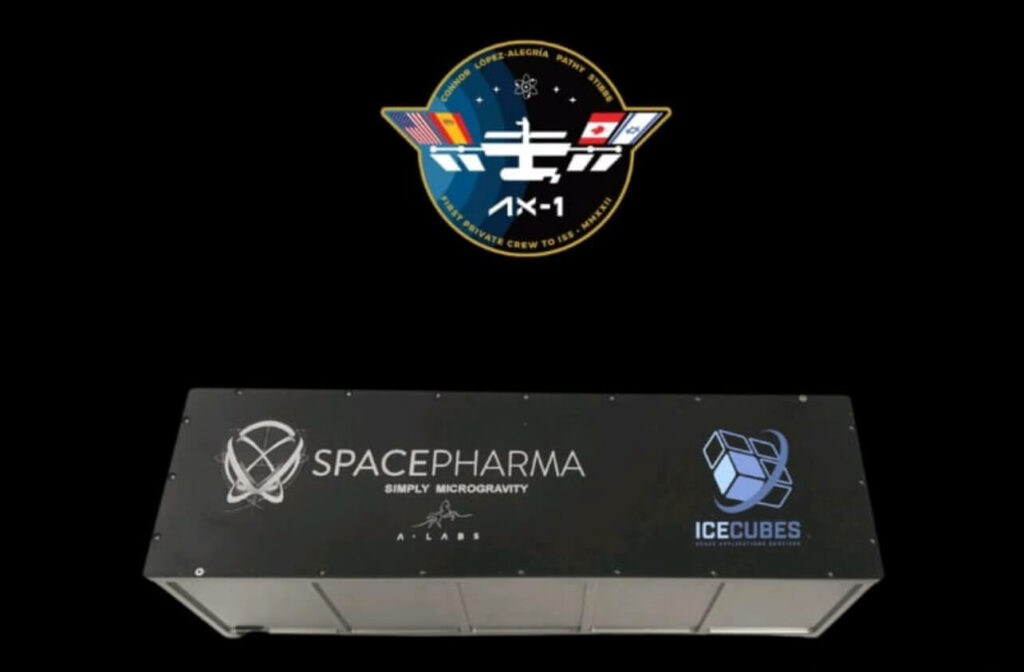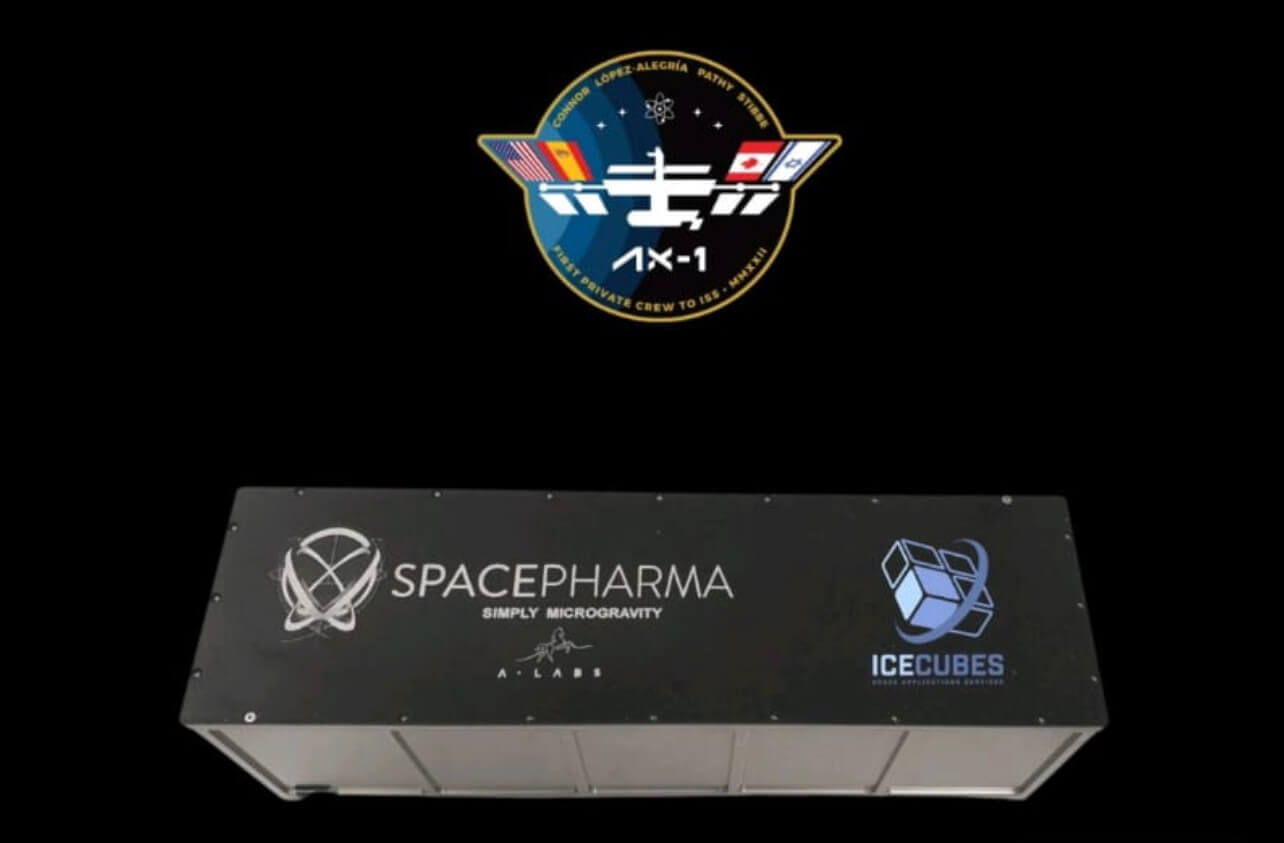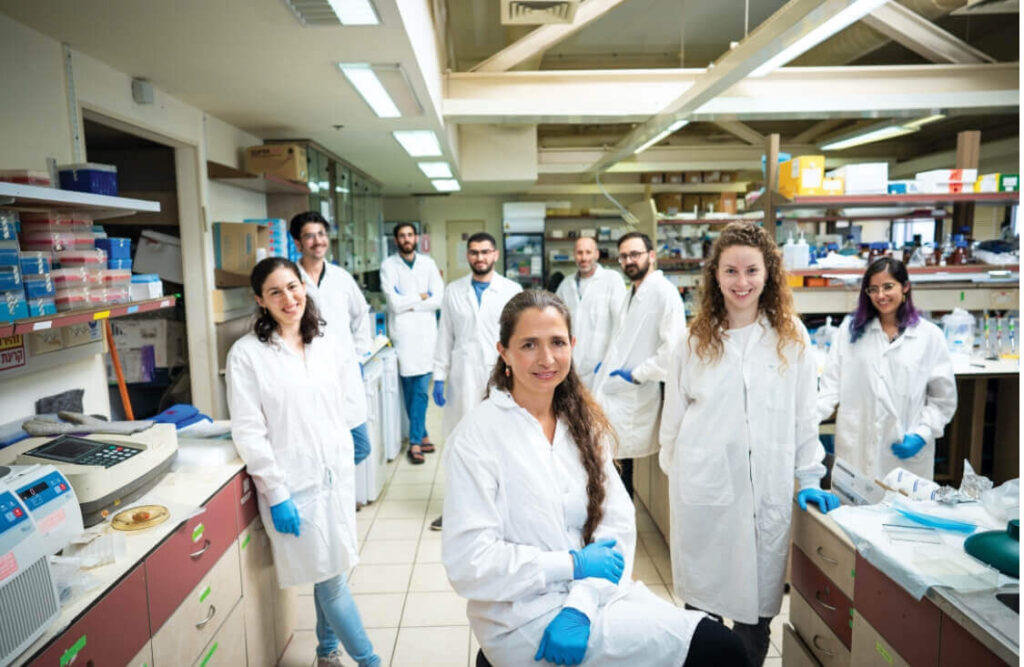
Technion UK – Out of this world trip to Israel
A group from the United Kingdom representing Technion UK have just finished their first trip to Israel in more than two years.
Amongst the many people they met and places they visited, one of the start-ups that they went to was Space Pharma.
Space Pharma Is an Israeli Start Up that is connected to the Technion. Their mission is to leverage their miniaturised microgravity lab technology, enabling unprecedented possibilities to develop new drugs in Space. All this at a fraction of the cost, with higher success rates than experiements conducted with traditional research methods. They are aiming to bring a positive impact on millions of lives here on Earth.
They are currently launching three experiments in Space, one of which is completely connected to the Technion and is aimed at growing meat products from animal cells but outside the body of an animal.
Their space program, Aleph Zero, is part of their mission to produce quality, delicious meat, independent of climate or availability of natural resources. Coping with fast-changing temperatures, limited access to natural resources and zero gravity conditions, drives efficiency in their processes. In space, they can develop closed-loop systems with zero waste and zero emissions. Knowledge from these explorations and technologies developed in space are then implemented in their sustainability and operational practices on Earth.









